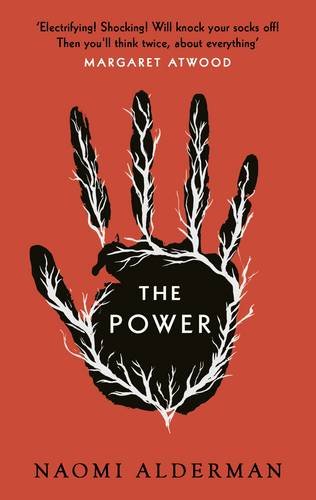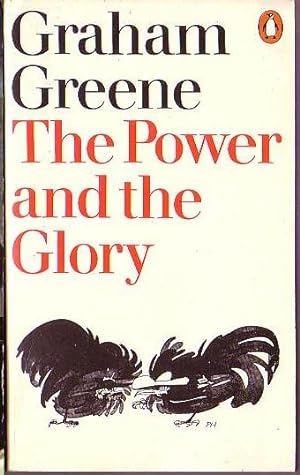1. Discuss the idea of ‘retelling’. When did you realise that the novel was a retelling of Hamlet? Did this bring anything extra to your reading of the book?
2. ‘McEwan can be counted on to make the implausible plausible and the outrageous reasonable’ (Booklist review of Nutshell, August 2016). Do you think this statement is true in regards to Nutshell?
3. ‘I’ve no taste for comedy.’ Did you find the book funny? Did you think it was supposed to be funny?
4. ‘I’m an organ in her body, not separate from her thoughts. I’m party to what she’s about to do.’ How does McEwan use the foetus/mother relationship to drive the story forward? Do you think he uses it effectively?
5. ‘Words, as I’m beginning to appreciate, make things true.’ Discuss how McEwan explores this idea in the novel, and whether you agree with it.
6. ‘Pessimism is too easy. It absolves the thinking classes of solutions.’ Do you think the end result of the novel proves this statement? If so, why, and if not, why not?
7. Look at the narrator’s attempted ‘suicide’ alongside the start of Trudy’s labour, and discuss how McEwan uses these two events to explore the notions of control? Who do you think is really in control in the narrative: Claude, Trudy or the foetus?
8. ‘She’s sees that the crime… was not a crime at all. It’s a mistake, it always was.’ Discuss Trudy’s attempts to justify the crime.
9. ‘This is a step into the complete freedom – if it is freedom – of a fantasy.’ (Ian McEwan in conversation with Michael W. Miller, Wall Street Journal, August 2016) How would you classify this novel? Some reviewers have classified it as a domestic thriller: would you agree?










